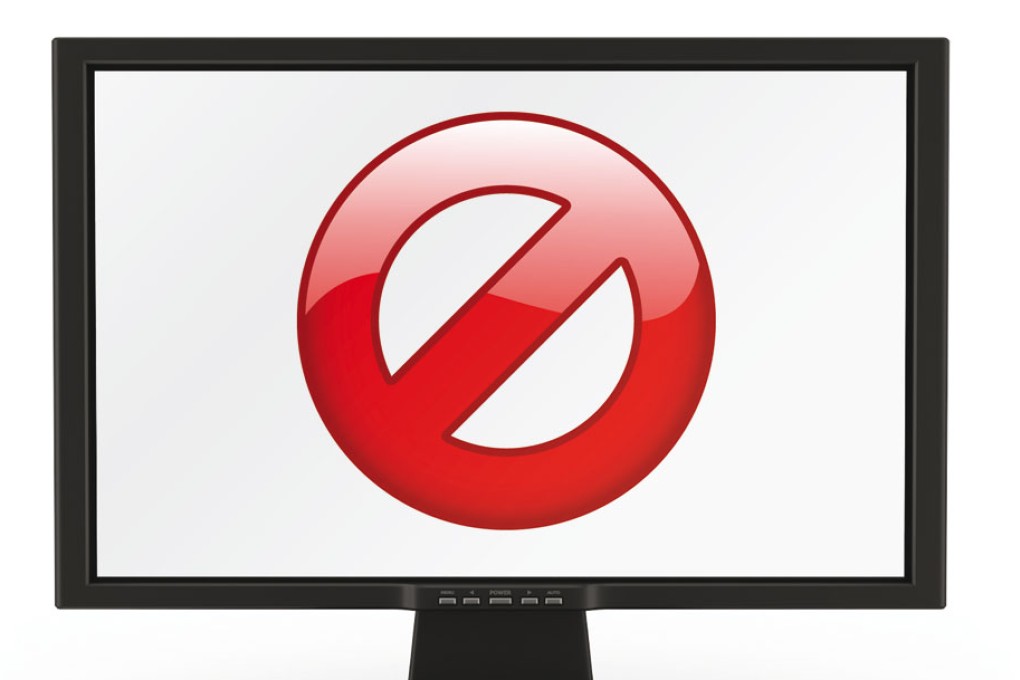Governing the Ungovernable
Authorities in Hong Kong are trying to step up regulation of obscenity on the internet, but many say new restrictions will achieve nothing but damage to free speech.

Two years ago, an internet user in Hong Kong was convicted and fined HK$5,000 for posting a link to an image containing nudity that was determined to be a “Class-III Obscene Article” by the Obscene Articles Tribunal. Not long later, local blogger Oiwan Lam published a photo on the InMediaHK website that linked to a photograph of a naked woman’s breasts that was hosted on the photo sharing website, Flickr.Her article was classified as “Category-II Indecent Article” by the Obscene Articles Tribunal (OAT).
Both these incidents raised more questions than they answered, leading many to question how the local authorities are regulating information on the internet, and what this may mean for freedom of speech online.
Internet Society Chairman Charles Mok suggests that the conviction of the man for posting a link to pornographic materials is very problematic and should not stand as a legal precedent. He explains that by its nature, the content that any hyperlink points to can change, which could easily become a problem since one day a link may point to so-called obscene materials and the next day it could point to a picture of something benign, say a puppy. This is but one of the problems authorities will face if they decide to prosecute the publication of (and apparently, the linking to) obscene articles more aggressively.
This is only one aspect of the problem. Aside from technical hurdles such as the slippery difference between a hyperlink and the content it directs users to, there are many questions about the powers the OAT has to define what is and is not permissible on the internet. Both of the incidents mentioned earlier elicited a vociferous response from the local blogosphere, particularly aimed at the OAT. With that in mind, the government launched a review of the Control of the Obscene and Indecent Articles Ordinance earlier this year, promising to release a revised ordinance before the year is out. While no concrete policy suggestions have been released yet by the review, they did commission a recent survey which suggests that three-quarters of the public are “urg[ing] the government to step up its regulation” of the internet. Though many experts like Mok dispute the methodology of the survey, the review commission is taking this as evidence that people want more regulations applied to what is available online.
But tightening regulations may lead to restrictions on the freedom of speech. Mok explains that “the freedom of speech and expression on the internet is at the risk of restriction not by outdated, existing regulations but by government and conservative forces trying to revise the existing ordinances to make them more restrictive,” citing an example in Australia where regulations were originally created to protect children from obscene content, but were then proposed in the legislature to be extended to bar all Australian citizens from exposure to particular contents. In short, according to Mok, authorities aim to achieve wider censorship of the internet by “alarming the public to... lurking dangers only on the internet that must be controlled, without regard to the feasibility of any proposed restrictive measures in terms of operational, technical and other forms of viability.”